Chihuahua Dog Breed
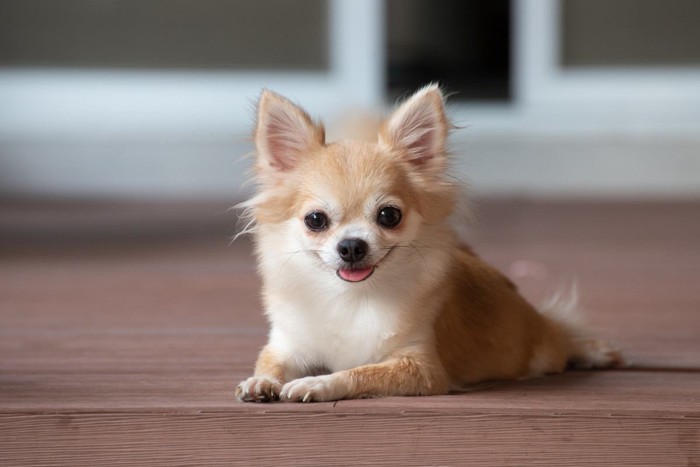
| Aspect | Details |
|---|---|
| Origin | Mexico |
| Birth Era | 19th century |
| Crossbreed | No, purebred |
| Temperament | Lively, devoted, alert, courageous, quick |
| Physique | Small, up to 6 pounds, compact |
| Coat | Smooth or long coat |
| Lifespan | 12-20 years |
The Chihuahua, originally from Mexico, is a popular small dog breed known for its liveliness, curiosity, and loyalty. In Japan, the assertiveness and occasional stubbornness of Chihuahuas as pets are embraced with affection and proper socialization and training, building a harmonious relationship.
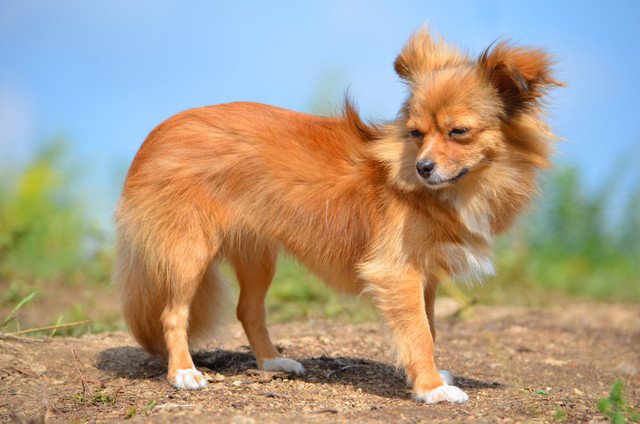
Although they are affectionate in their personal relationships and cautious around strangers and other animals, Japanese families manage this trait well, providing a secure environment for them. Compact and energetic, Chihuahuas are well-suited for family life. With loving care, they can lead long and healthy lives.
Coat Color
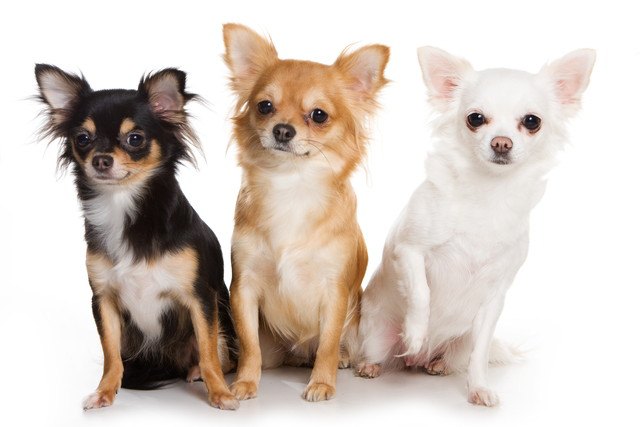
The Chihuahua is renowned for the diversity of its coat colors, a feature that draws significant attention in Japan where there is a high interest in pets’ appearances. Their wide range of colors, from solid to combinations, is a major part of their appeal. Common colors include black, white, brown, cream, fawn (a light yellowish-brown), silver, and chocolate, as well as combinations of these colors.
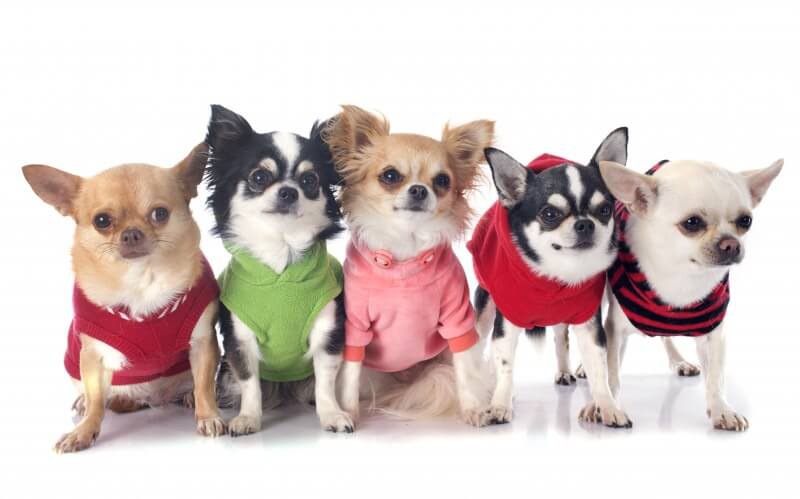
Some Chihuahuas also have distinctive patterns like marble, brindle, or spots. Japanese pet enthusiasts highly value these unique colors and patterns, seeing them as a significant aspect of the Chihuahua’s charm.
Coat Type
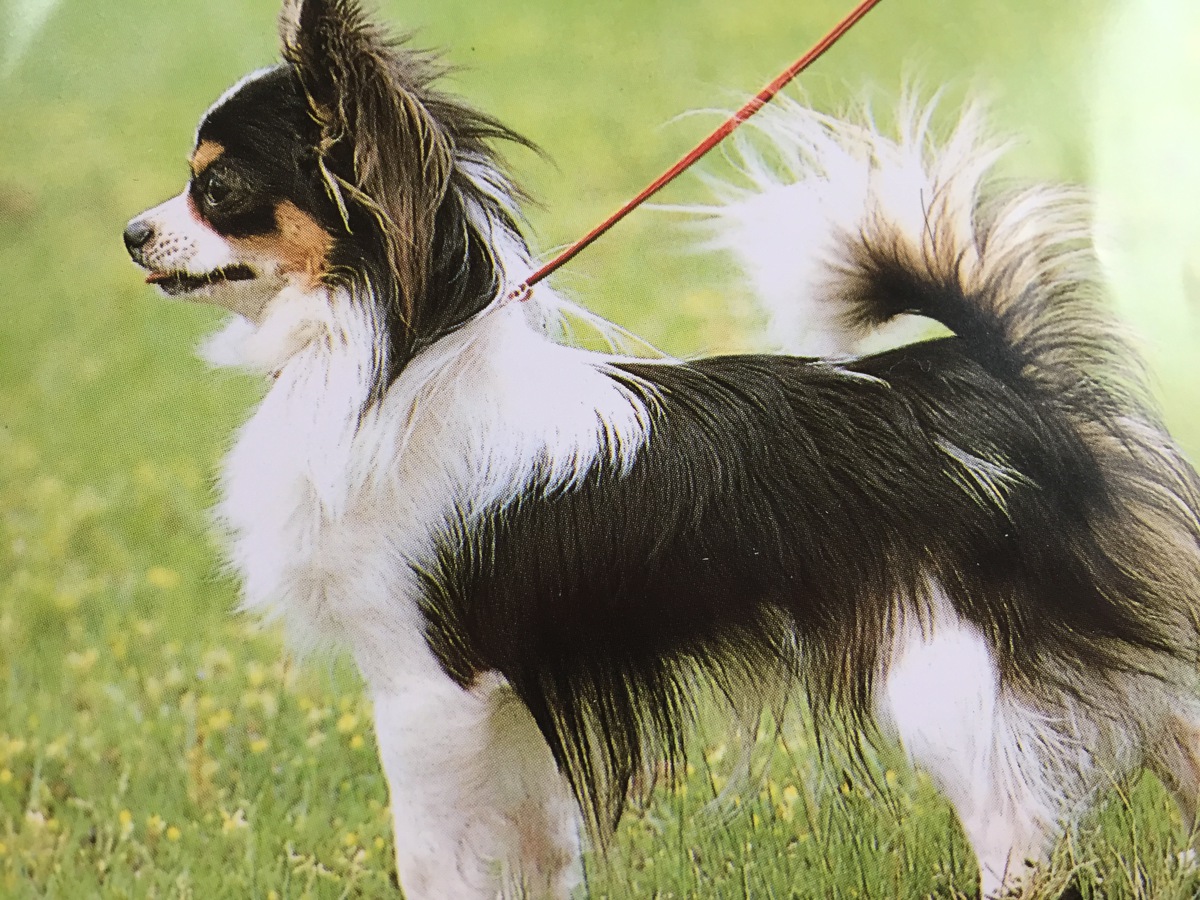
The Chihuahua is known for its distinctive coat types, primarily the smooth coat and the long coat. The smooth coat type, characterized by short and glossy fur, is particularly suited to Japan’s busy lifestyle due to its relatively low maintenance. In contrast, the long coat type, with its soft and long fur, often featuring decorative hair on the ears, tail, and legs, requires regular brushing and care to prevent tangling, aligning well with Japan’s meticulous pet care culture.
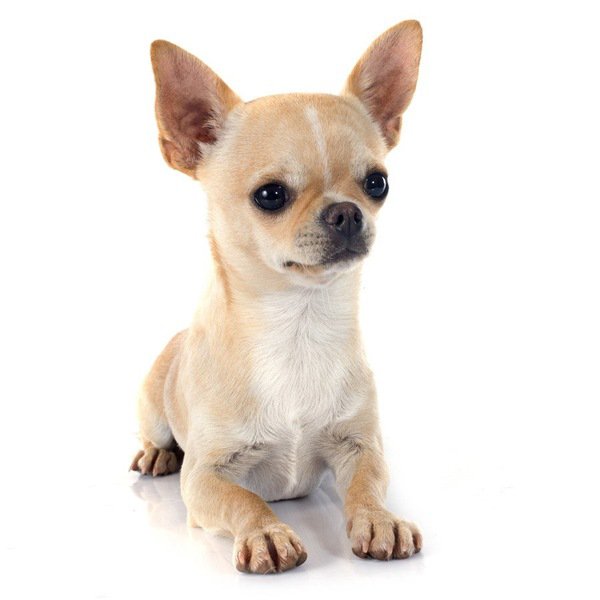
Both types experience seasonal shedding, though the smooth coat generally sheds less than the long coat. The coat colors of Chihuahuas are diverse, with solid or multi-color combinations being particularly favored in Japan.
Size
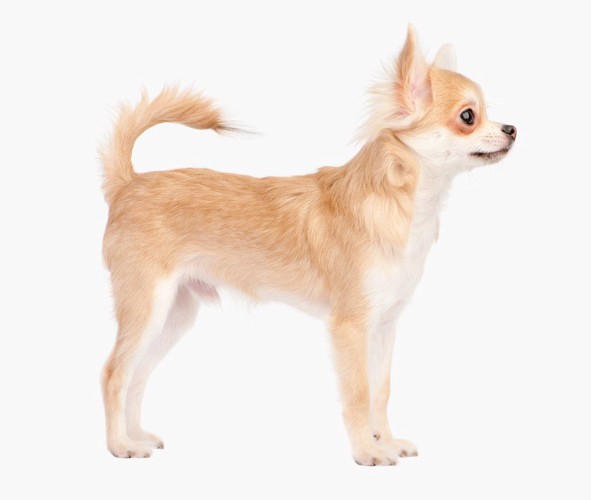
The Chihuahua, despite its small size, is a breed with a big personality. The average weight of an adult is about 3.3 to 6.6 pounds, and their height at the shoulder ranges from approximately 5.9 to 9.8 inches. This size makes Chihuahuas well-suited for living in the limited spaces of urban areas and apartments, a common scenario in Japan.
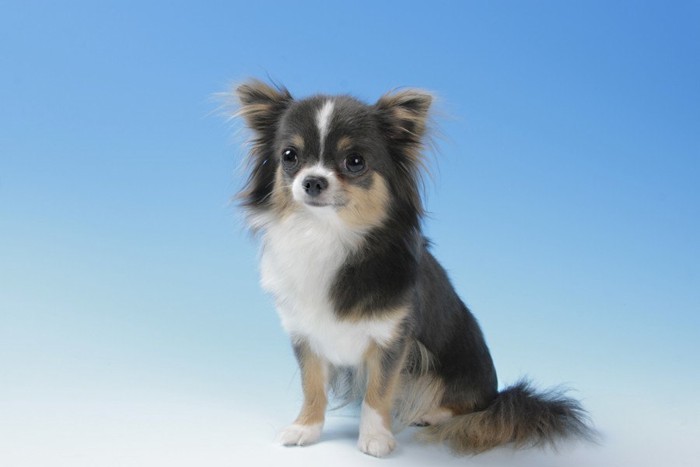
In Japan, pet ownership in small living spaces is widespread, and small breeds like the Chihuahua are considered ideal for such environments.
Weight
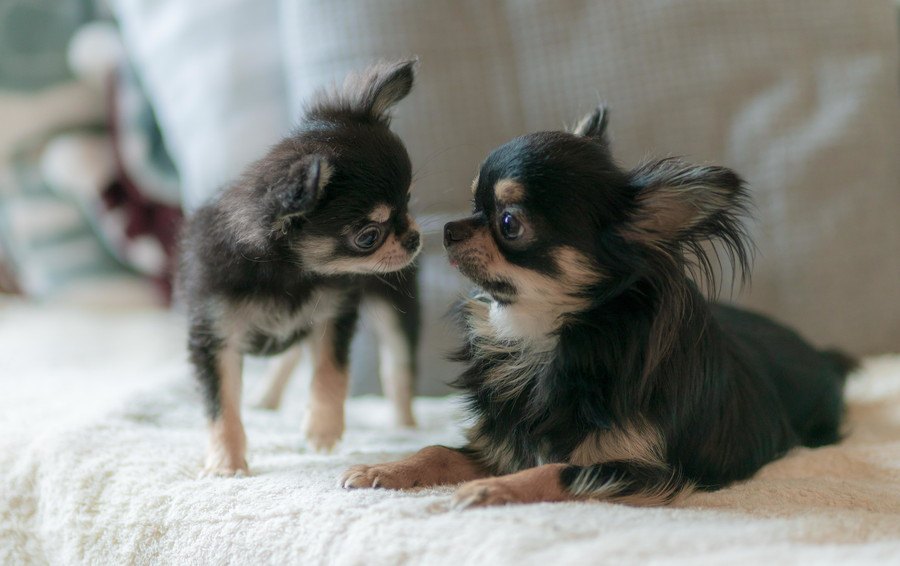
The Chihuahua is an extremely small dog breed, with adult dogs typically weighing between about 3.3 to 6.6 pounds, though they can reach up to about 9.9 pounds. In Japan, there is a strong culture of careful health management for pets, especially for small breeds like the Chihuahua.
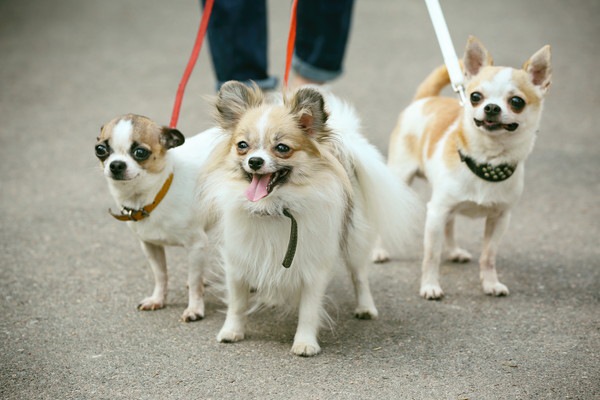
Chihuahuas weighing less than 2.9 pounds may have health issues, making appropriate weight management crucial. To prevent obesity and maintain joint and heart health, a balanced diet and adequate exercise are necessary. This breed, known for its hearty appetite, requires careful monitoring to avoid weight gain from excessive eating.
In Japan, there is a heightened awareness about managing pets’ diets.
Lifespan
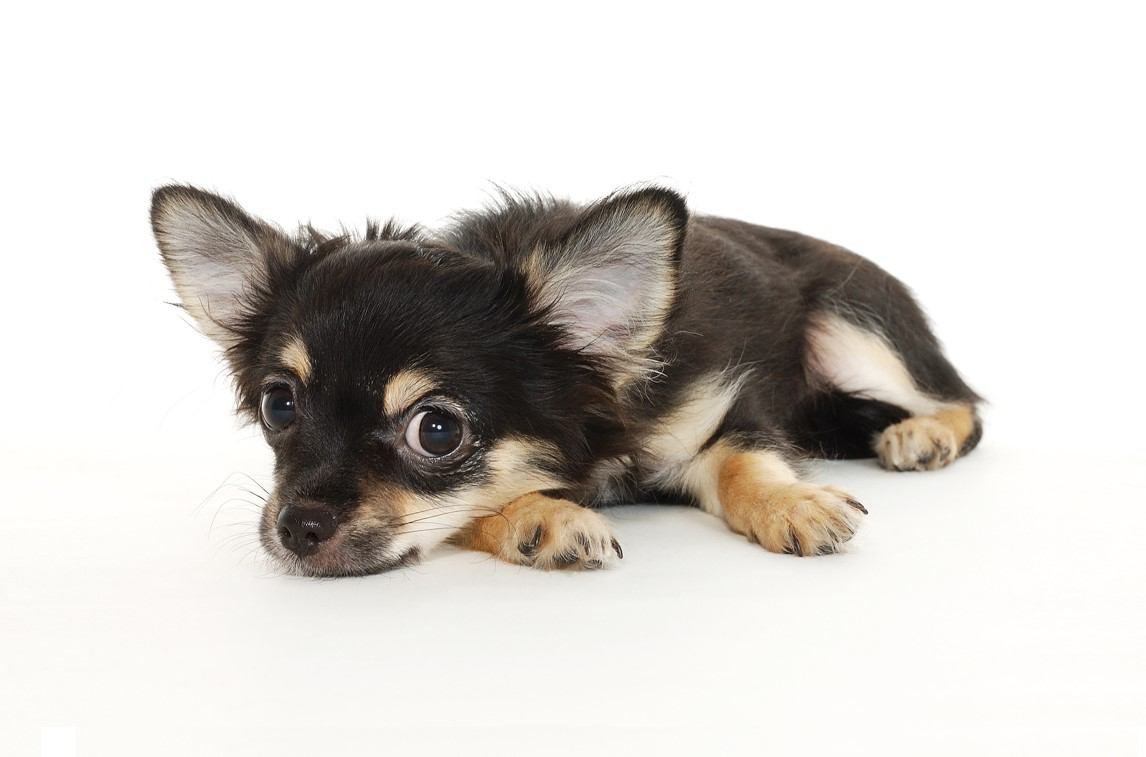
The Chihuahua, despite its small size, is known for its remarkably long lifespan. The average lifespan ranges from about 12 to 20 years, and with proper care and health management, living over 20 years is not uncommon.
In Japan, there is a culture of valuing pets’ health and longevity, and the longevity of Chihuahuas is supported by moderate exercise, a well-balanced diet, and regular health checks by veterinarians. Attention and loving care are also required for small dog-specific health issues, such as heart diseases, dental problems, and joint troubles.
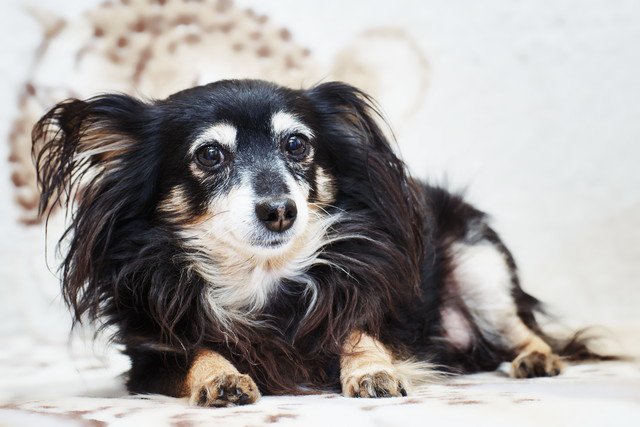
It is believed in Japan that through affectionate care and vigilant health management, Chihuahuas can lead a long and happy life.
Trainavility
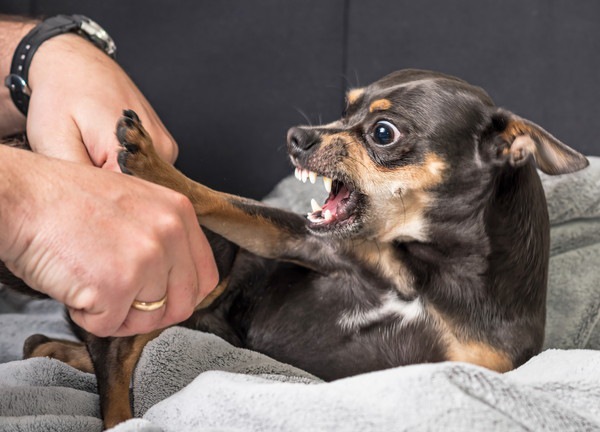
Despite their small stature, Chihuahuas are extremely intelligent and have a high learning capacity. They are enthusiastic and focused when learning new commands or tricks. In Japan, there is a cultural emphasis on positive reinforcement in pet training. This means rewarding good behavior with praise or treats is preferred.
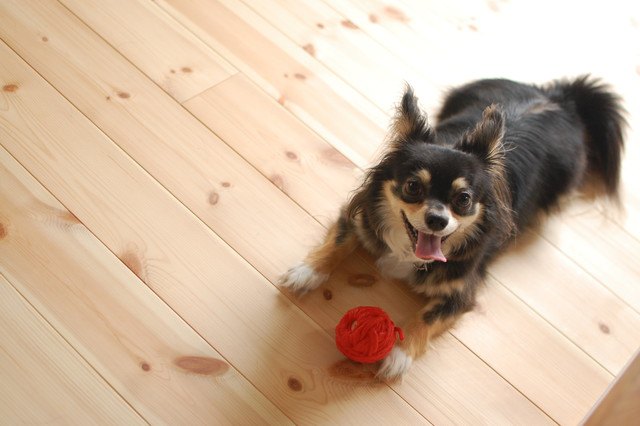
Chihuahuas, being emotionally expressive, learn effectively through praise and rewards rather than reprimand. Patience and consistency are required in their training, but with this approach, they can master basic commands and tricks. They also enjoy strengthening their bond with their owners through training.
In Japan, there is a culture of nurturing deep bonds with pets.
Exercise
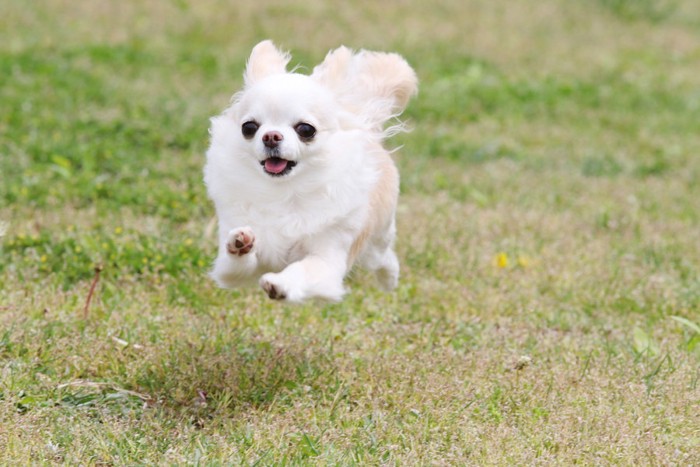
Understanding the exercise needs of Chihuahuas is crucial for maintaining their health and well-being. Chihuahuas require moderate exercise, but their small bodies may not withstand excessive physical activity. In Japan, there is a culture of cherishing life with pets, with particular attention paid to the health management of small dogs like Chihuahuas.
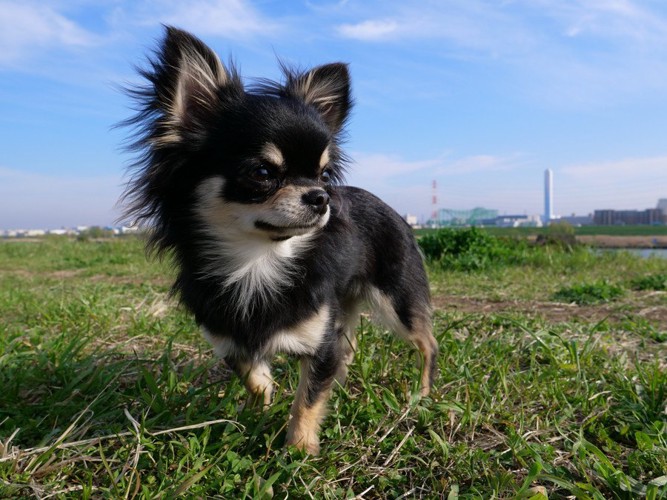
Chihuahuas enjoy daily short walks, and it is recommended to adjust the distance and pace of these walks to suit their physical capabilities. Furthermore, Chihuahuas are playful and can expend energy through light play and training indoors. Japanese households focus on ensuring that pets’ exercise is both enjoyable and safe. Simple games like chasing or playing with toys are considered ideal activities.
Feeding
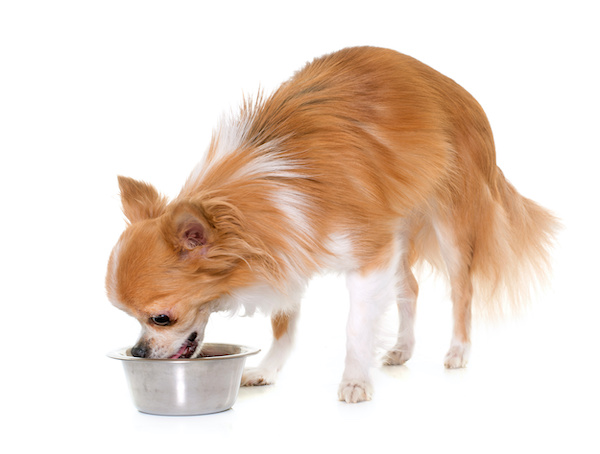
The diet of a Chihuahua must be carefully selected to suit its small stature and unique nutritional needs. In Japan, the health of pets is of paramount importance, and special attention is given to choosing high-quality dog food. This is essential for maintaining their health and promoting longevity.
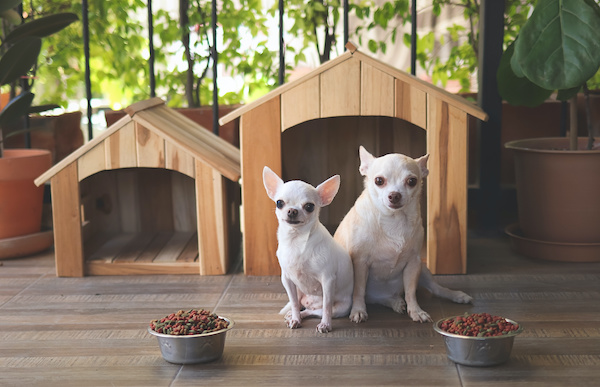
As Chihuahuas are small dogs, food that is balanced in calories and nutrients is ideal. It is also important to select food that is appropriately sized for their small mouths and teeth. In Japanese pet care, it is preferred to feed them several times a day, which aids digestion and helps maintain their health.
Temperament
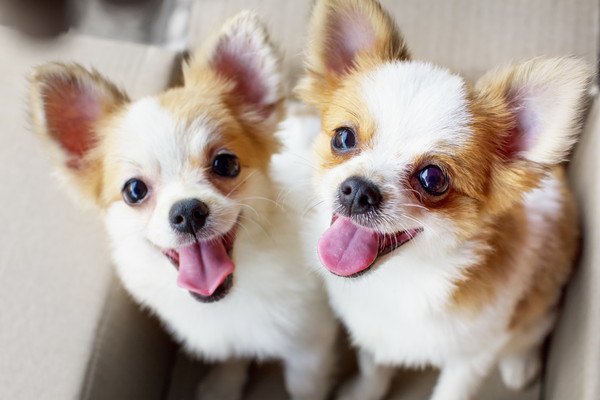
The Chihuahua, while being the smallest dog breed in the world, is lively and spirited. In Japan, the vivacity and loyalty of small dogs like Chihuahuas are highly valued, and their endearing appearance belies their typical ‘dog-like’ behavior, which is particularly cherished. Their brave stance against larger dogs resonates with the Japanese teaching that “even the small can have a big heart.” However, caution is advised during encounters with larger dogs while walking.
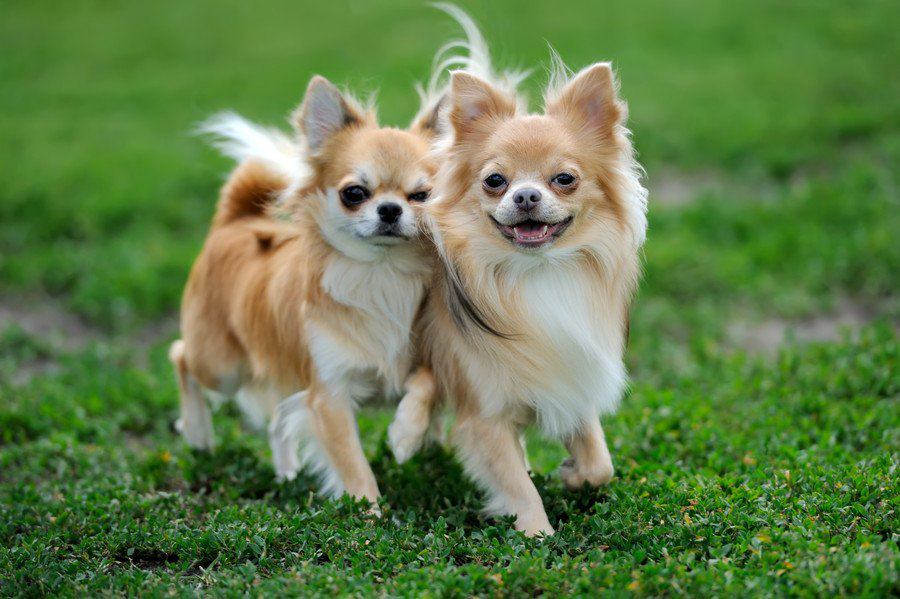
Furthermore, Chihuahuas are affectionate and prefer building strong bonds with their owners, necessitating the provision of ample love and care in Japanese households. Due to their difficulty with long periods of solitude, an environment where they can be consistently cared for is ideal. Being curious and agile, Chihuahuas, especially as puppies, may engage in mischief, so vigilant safety measures are essential. For instance, to prevent accidents caused by mischievous behavior, Japanese households commonly store items like electrical cords out of reach.
History
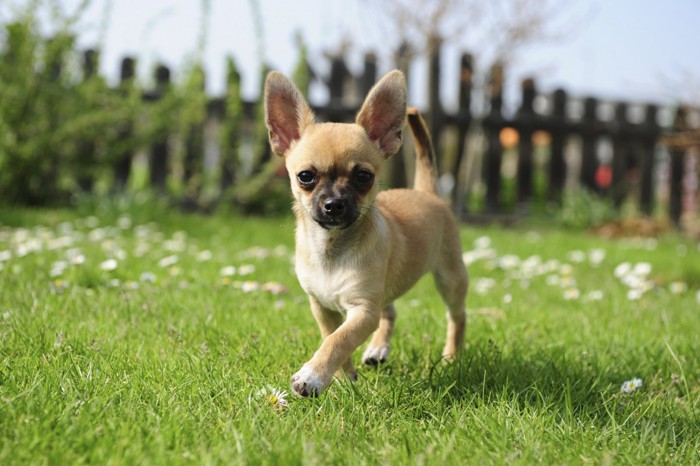
The Chihuahua traces its origins back to the ancient Toltec civilization of South America, born from the domestication of wild small dogs. In Japan, there has long been a culture of treating dogs as cherished members of the family. Consequently, small and adorable breeds like the Chihuahua hold a special place in the hearts of the Japanese people. It is said that the Toltecs kept small dogs known as “Techichi,” and similarly, various dog breeds have been valued in Japan since ancient times.
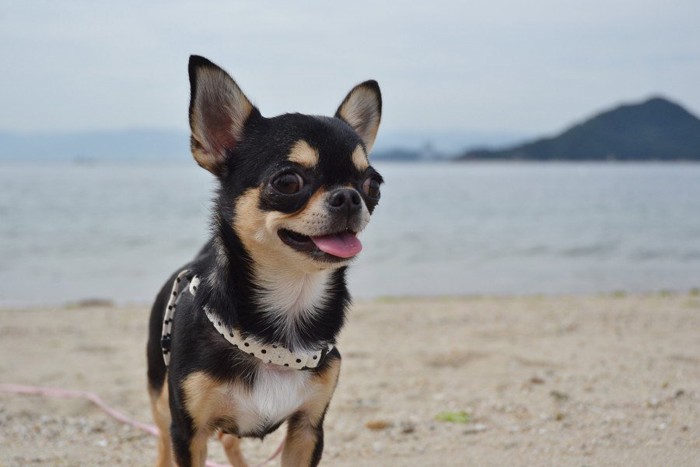
The ancestors of the Chihuahua, discovered in the 19th century in Mexico’s largest state, Chihuahua, are the origins of the modern Chihuahua. Although Mexico is the country of origin, in Japan, Chihuahuas are beloved for their cute appearance and friendly nature. In Japan, Chihuahuas are not just pets but are also embraced as family members, reflecting a deeply rooted culture of cherishing these dogs.
Grooming
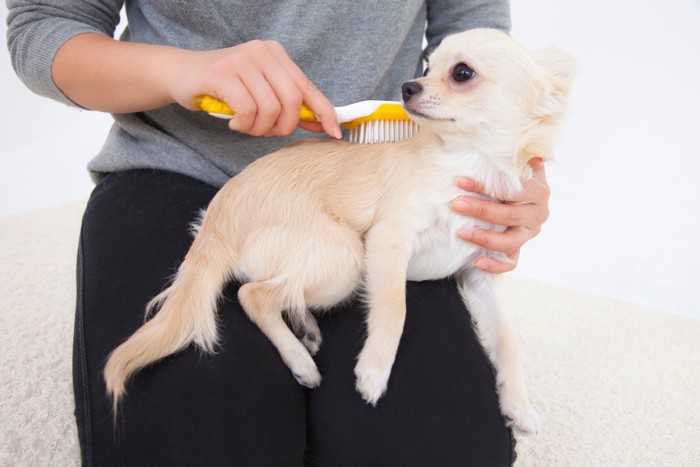
Grooming of Chihuahuas plays a vital role in maintaining their health and well-being, especially in Japan. Smooth coat Chihuahuas require less maintenance, with weekly brushing being sufficient, while long coat Chihuahuas need more frequent brushing to prevent matting. In Japan, it is advised to bathe pets regularly using shampoos gentle on their skin.
Cleaning their ears and trimming their nails are also essential for Chihuahua’s health. Regular checks and cleaning are important to prevent dirt accumulation and infections in their ears. Due to their fast-growing nails, regular trimming is necessary.
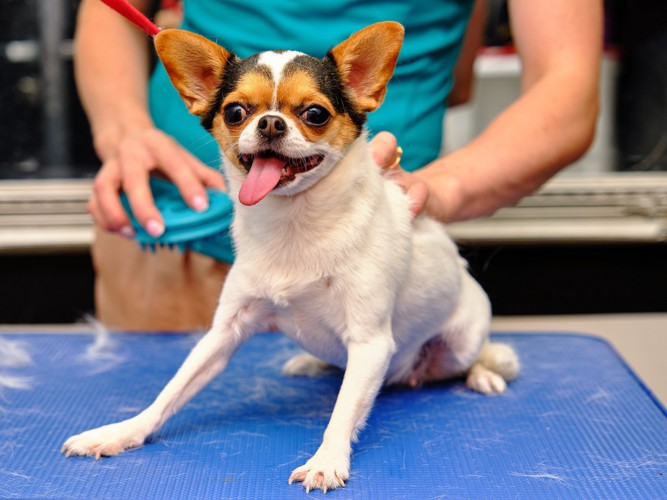
In Japan, special attention is given to dental care for Chihuahuas, as they are prone to periodontal diseases. Daily brushing and the use of dental hygiene products are recommended. These grooming habits are crucial to preserve the health of Chihuahuas and support their comfortable living.
Health
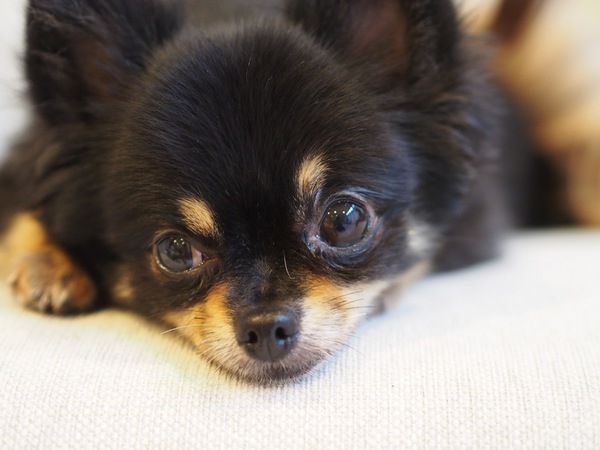
Chihuahuas are known to have several specific health issues. These include patellar luxation (a condition where the knee joint becomes dislocated), hydrocephalus (primarily a congenital genetic disorder causing paralysis and movement disorders), and keratitis (an injury to the membrane on the surface of the eye). They are also prone to heart diseases, epilepsy, and tracheal collapse.
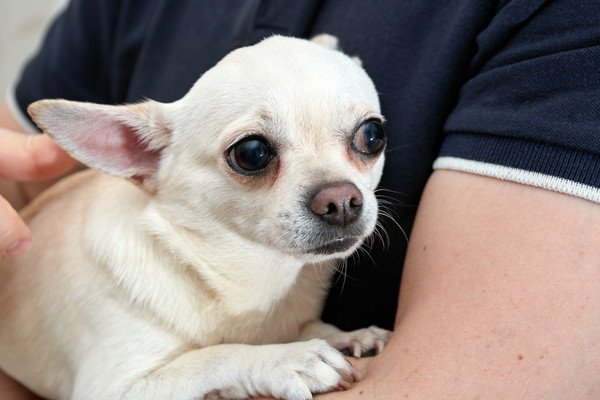
In Japan, there is a high awareness of pet health, and it is recommended to seek prompt veterinary care if these symptoms are observed. Early detection and proper care are crucial, especially as these conditions can worsen during the senior years or due to stress.
Protecting the health of pets is an essential aspect of the Japanese pet-rearing culture.
